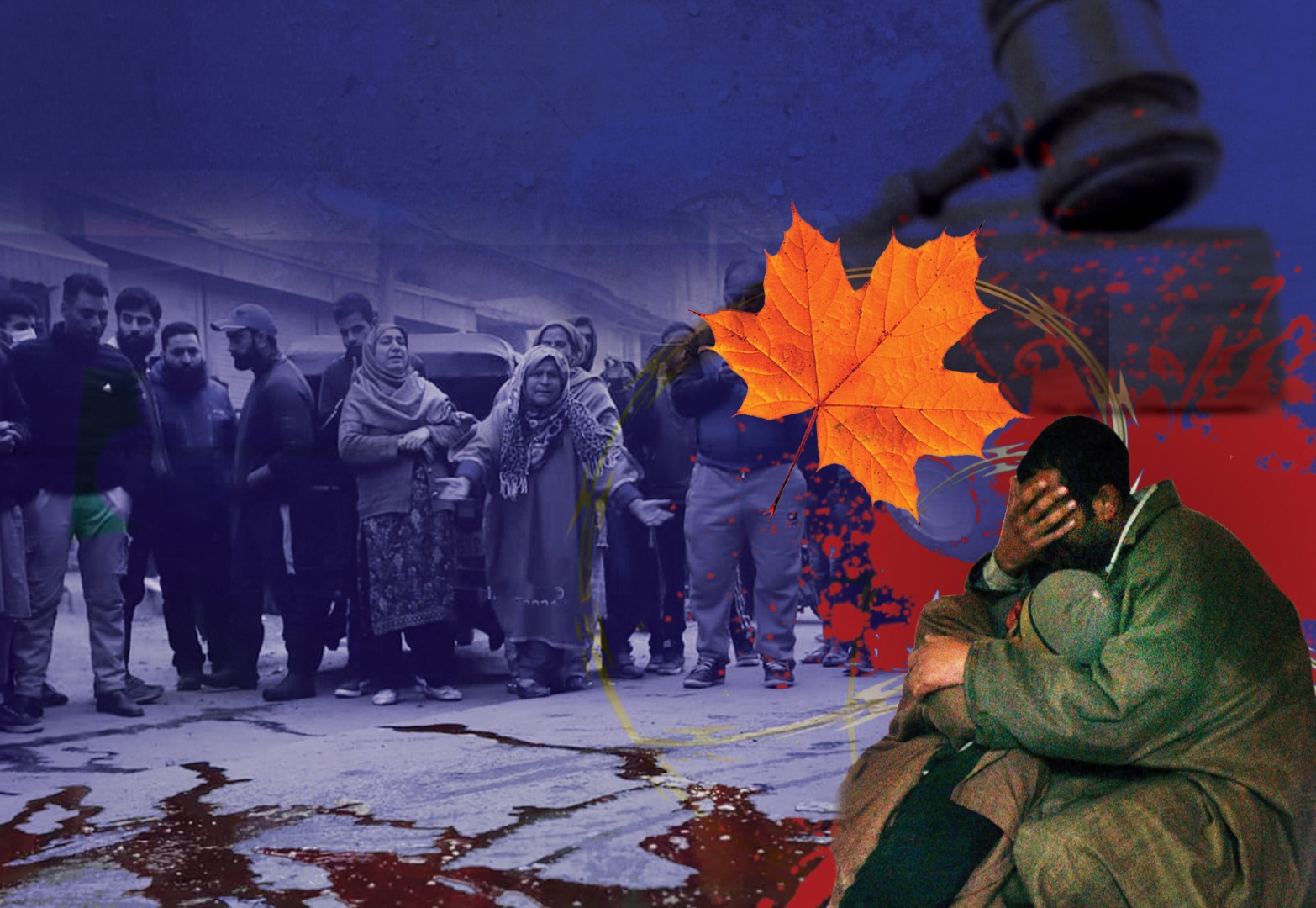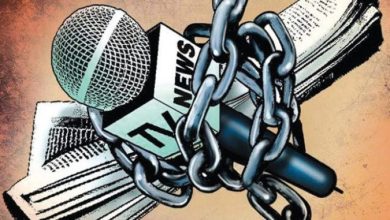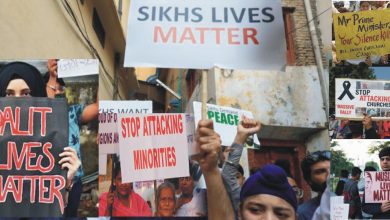‘Modi regime’s legal manipulations meant to deepen Kashmir’s occupation’
#LegitimizingOccupation

Srinagar: India’s ongoing lawfare strategy is widely viewed as a deliberate effort to reinforce its illegal occupation of Indian illegally occupied Jammu and Kashmir (IIOJK) through legal manipulations designed to reshape the Kashmir dispute to align with its Hindutva agenda.
According to Kashmir Media Service, legal experts in Srinagar – who spoke on condition of anonymity due to concerns of reprisal from IIOJK authorities – assert that India’s actions, particularly under the Modi regime, are a calculated attempt to entrench its control over the territory through unconstitutional measures. The illegal abrogation of Articles 370 and 35A on August 5, 2019, marked a significant and ominous shift in Kashmir’s history, with these actions being widely condemned for fortifying India’s grip on the occupied territory. The Modi regime’s measures were further legitimized by a judiciary seen as complicit in rubber-stamping these unconstitutional actions.
Since August 2019, New Delhi has introduced a series of new laws specifically designed to disempower and disenfranchise the indigenous Kashmiri population. These legal changes, which include provisions facilitating land ownership and domicile rights for non-Kashmiri Hindus, are viewed by experts as a calculated move to alter the occupied territory’s demographic composition. By enabling outsiders to settle in the area, these laws aim to dispossess native Kashmiris of their ancestral lands, sparking concerns of settler colonialism.
Furthermore, experts emphasize that the Modi regime’s actions are seen as a systematic effort to erode the cultural, linguistic, and religious identity of IIOJK’s Muslim majority. The introduction of these new regulations is interpreted as a deliberate strategy to weaken Kashmiri Muslims both politically and economically, thereby tightening New Delhi’s control over the disputed territory.
These experts underscore that India’s demographic changes in IIOJK flagrantly violate United Nations resolutions and international law. Despite New Delhi’s attempts to unilaterally alter the status of the region, Kashmir remains an internationally recognized disputed territory, with its final status yet to be determined in accordance with UN Security Council resolutions.








